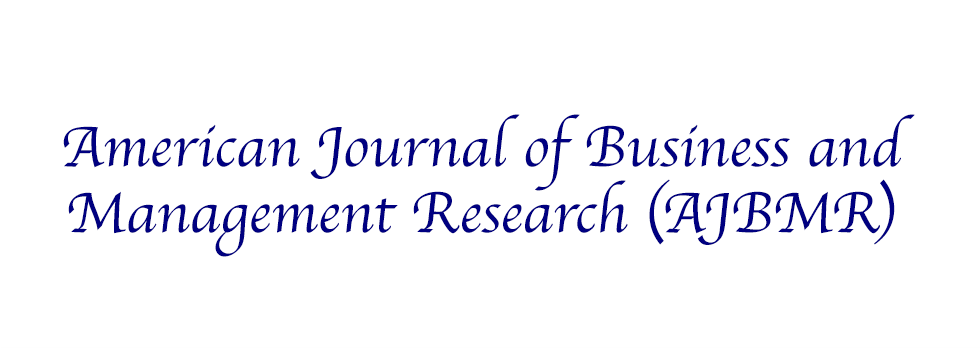Abstract
A Pink Tax is an extra charge on products that are specifically marketed for women. It is not a “legal tax” but an “upcharge/ extra amount” that makes a commodity more expensive, when it is intended to be manufactured particularly for the fairer sex. Women across the globe have participated in different protests and campaigns against the practice of imposing Pink Tax. In this study, attempts have been made to understand what is Pink Tax, its relevance and disadvantages in the modern society and analyze the reasons as in why it is important to know/to be aware of about Pink Tax for people in general and, which is making the lives of the female counterparts difficult in many instances throughout the world. Efforts have been made to identify the reasons in regards to why Pink Tax is unethical, contributing to the gender biasness and thus, proved to be out of the logic, that should ultimately be abolished over time. Endeavors have been taken to understand the psychology in regard to why Pink Tax even exists in the first place. The scope of gender marketing has also been studied to find out how it is contributing towards price disparity amongst the gender, the roles a brand can play, ultimately venturing into the gender inequality. Price disparity can be of major concern when it comes to necessary products or even for commodities that are used daily. The entire research has been conducted with the help of studying the already existing literature in this field. The significance of our research is to explore the areas that shows pricing disparity when targets one particular gender. We have researched the spectrum of different products, against which, Pink Tax is imposed, and compared with the products that are marketed typically for the male counterparts, that helped establishing the fact the reality level of the Pink Tax is. It has been found out that Pink Tax is a “Real Thing” which many individuals disagree to believe. The user of this study can be varied, from educationists to professionals, students to entrepreneurs, academicians to industrialists, as to whosoever wants to know about the market and product pricing. Our research wants to contribute towards the actions taken to make people aware of the Pink Tax. With the growing seriousness of the issue, it has been figured out that in order to stop something from happening, the first requirement is to address the “happening” of a particular event; and this study aims to address this issue through making people aware about it. Recommendations as to how to deal with Pink Tax have also been made based on the current situation and prevalence of Pink Tax in our country, India, and across the globe. If this research work can impart knowledge regarding pink tax even to a tiniest bit to our countrymen and can make people aware, we will consider our study as worthwhile and meaningful.
Recommended Citation
Bose, Suchandra and Datta, Joysri
(2024)
"A Study to Explore the Existence of Pink Tax across the World leading to Gender – Based Price Discrimination,"
American Journal of Business and Management Research (AJBMR): Vol. 2:
Iss.
2, Article 4.
Available at:
https://research.smartsociety.org/ajbmr/vol2/iss2/4

